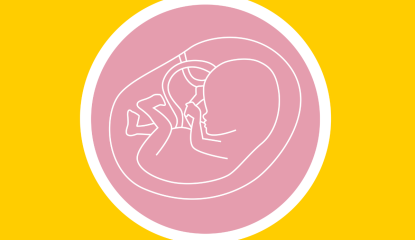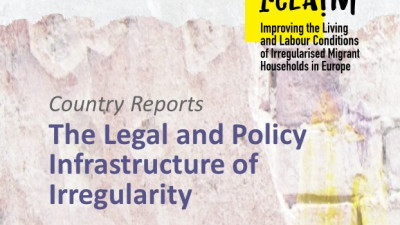AURORA: Researching Early-life Human Health Impacts From Exposure to Micro- and Nanoplastics

Plastic in the environment sooner or later falls apart into smaller and smaller particles known as microplastics and nanoplastics. Although scientists are discovering plastics in all sorts of places, little is currently known about their effects on human health. Supported by the EU’s Horizon 2020 research and innovation program, we are developing a strategy for assessing the health risks of microplastics during pregnancy and early life.
Roel Vermeulen (Utrecht University and Univresity Medical Center Utrecht): “We will focus on (unborn) children, as this phase is crucial for human development and health at a later age. I am convinced that we can make an important contribution to the question of whether plastic particles are harmful to the developing child.”
Impact
The team has already made some startling discoveries – small particles can reach the foetal side of the placenta, and this may also apply to microplastics and nanoplastics. But even if plastic particles do find their way to unborn babies, how harmful are they?
To find out, the scientists will measure exposure to microplastics and nanoplastics and its biological consequences in tissues that are relevant to early life development, such as the umbilical cord blood and placenta. But the Aurora team takes this even further; by analyzing more than 800 placentas that were collected about 10 years ago they can actually study how these exposures relate to birth outcomes and further development of the child.
By knowing more about the risks of microplastics and nanoplastics for early life health, AURORA’s work can pave the way for better regulation, and ultimately, a reduction of plastic pollution.
More info: https://auroraresearch.eu/project/ and https://www.uu.nl/en/organisation/in-depth/where-has-all-the-plastic-gone.


